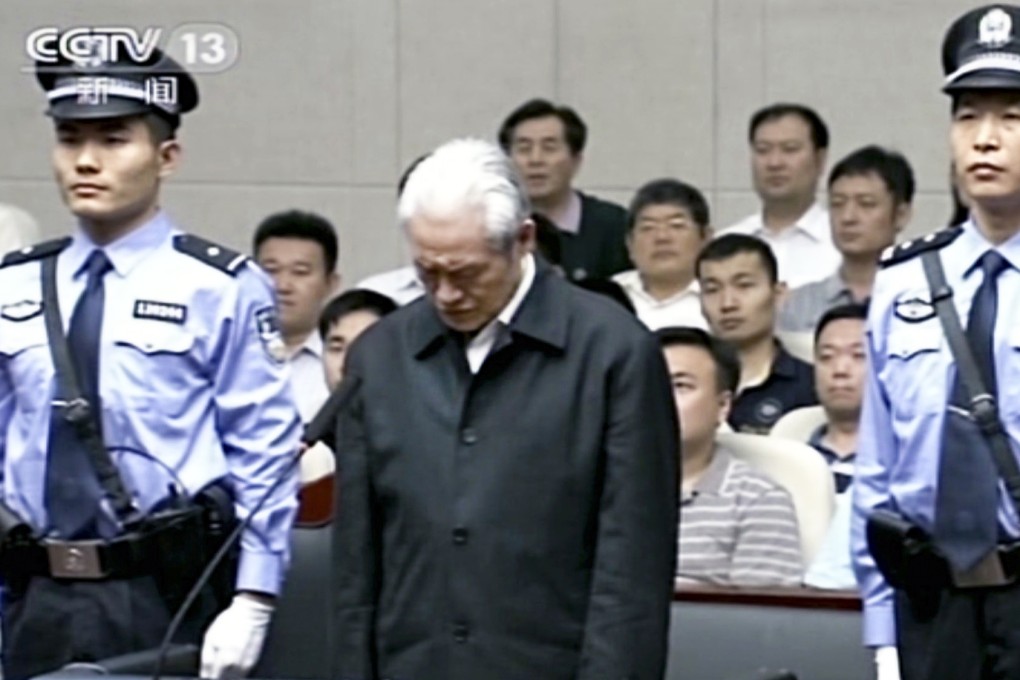China's state-owned enterprises slammed for 'entrapping' officials into corruption

The top anti-graft agency has slammed some executives of state-owned enterprises for using national assets to "besiege officials" - a term analysts believe refers to entrapment.
The Central Commission for Discipline Inspection published the criticism in an article on its website yesterday. It is the first of a series on "pushing SOEs to strictly follow party discipline", as the watchdog continues cracking down on corruption.
The CCDI has identified state-owned enterprises as its focus this year. Twenty-six such businesses were visited in the agency's first round of inspections this year, and another 17 are currently under inspection.
"[Some executives] exploited state-owned resources they handled to form groups and cliques and transfer interests, in order to besiege leading cadres," the article read.
Hunan Normal University law professor Ma Changsheng said this referred to SOE staff gaining control over leading officials through various tactics such as transferring benefits and pushing the cadres to serve the interests of those within the state-owned enterprises.
Chinese Academy of Governance professor Xu Yaotong believed that "besieging officials" meant setting a trap for them to accept bribes.
"State-owned assets have become a huge coffer for bribery," Xu said. "It also shows that the inspection conducted earlier has uncovered a blind spot [of the corruption crackdown]."